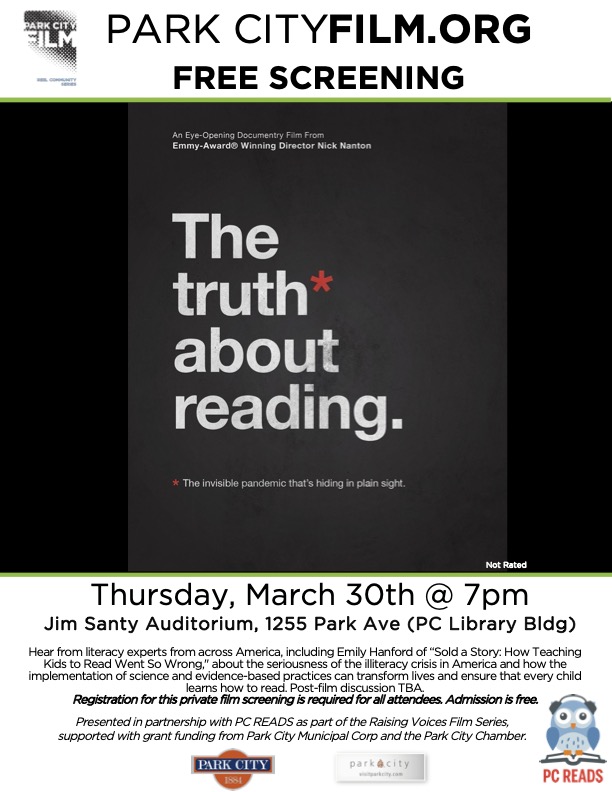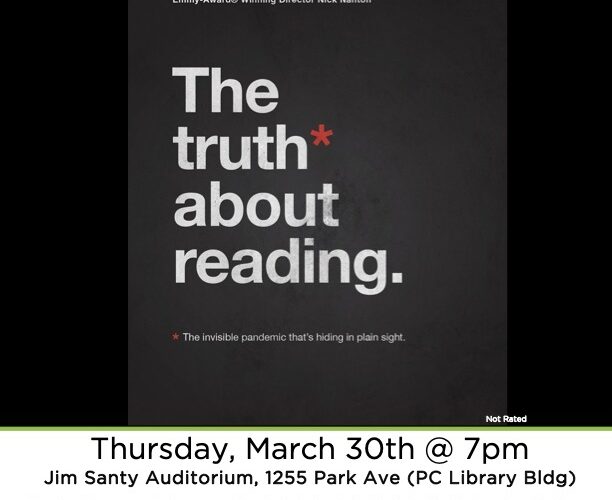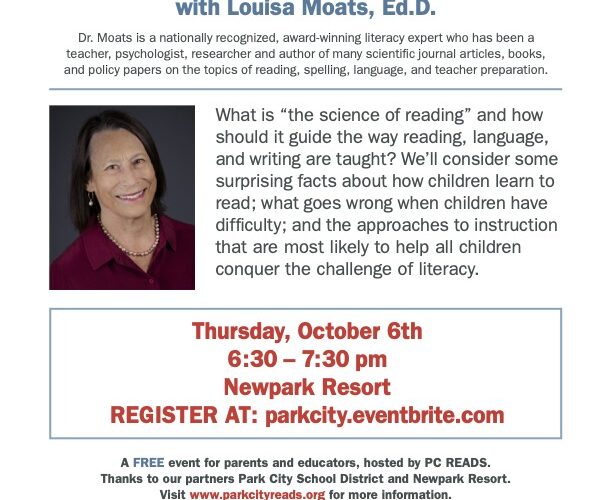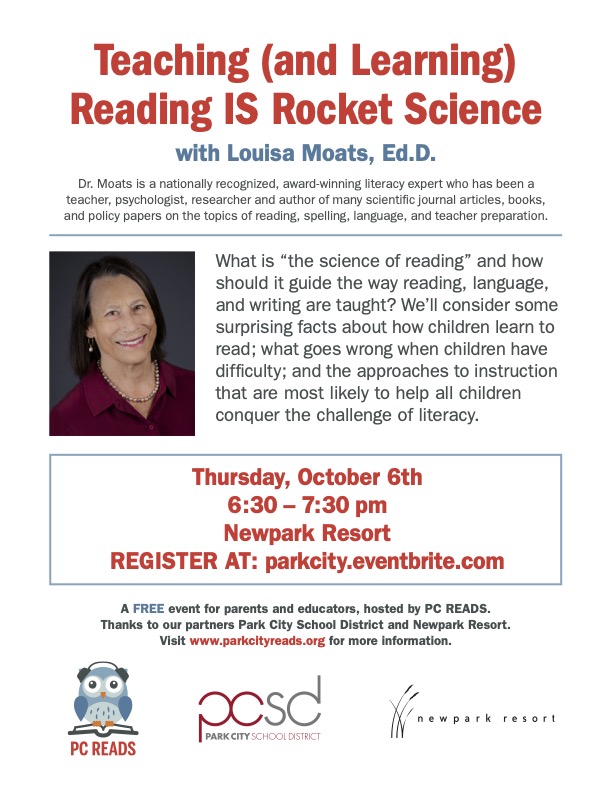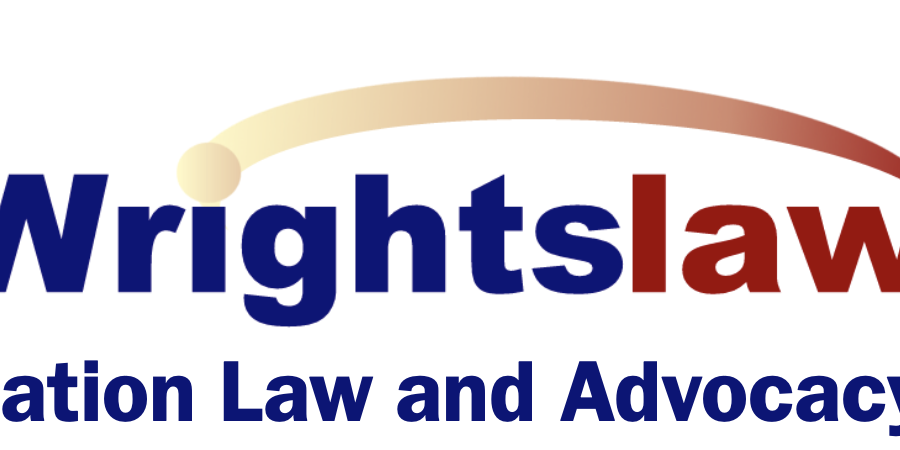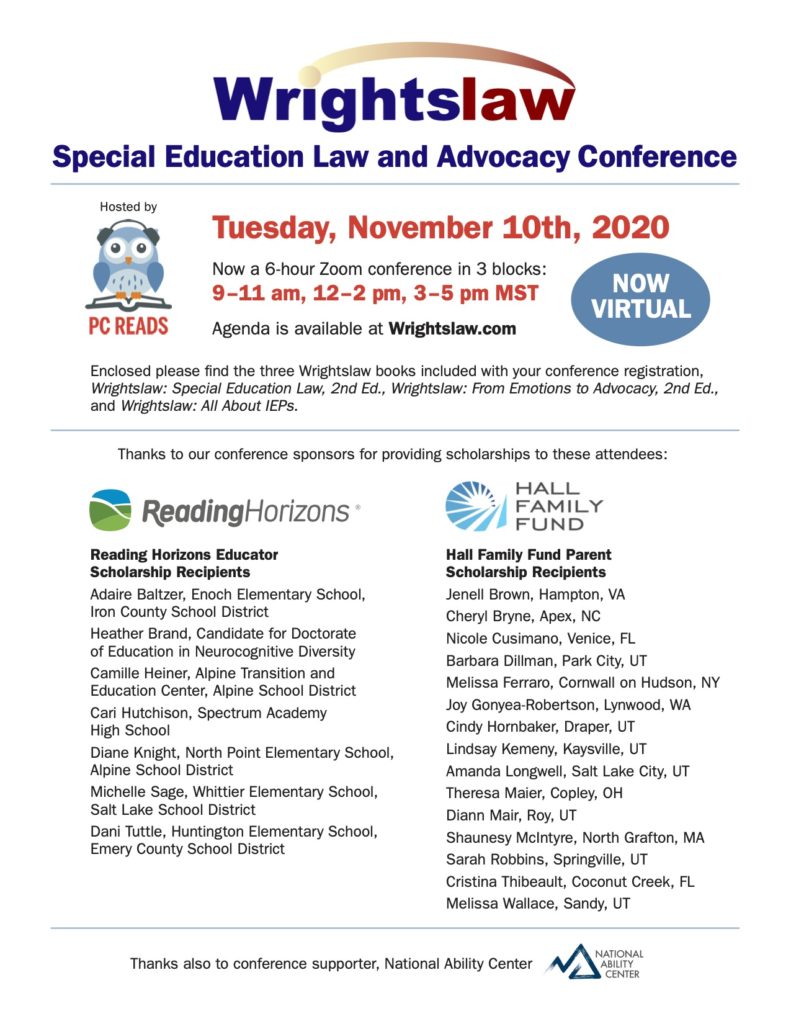In March 2023, Park City READS collaborated with Park City Film to show a private screening of the new documentary about the illiteracy crisis in America titled, The Truth About Reading. As the film’s tag line states – “it’s an invisible crisis, hiding in plain sight.” The film highlights a few people who learned to read as adults and interviewed many well-respected experts about the importance of bringing the “science of reading” into both teacher preparation programs and classroom reading curricula. Following the film, PC READS hosted a wonderful panel discussion including local educators, professionals and parents.
Information about this documentary, including the trailer and upcoming screenings is available at: The Truth About Reading.
